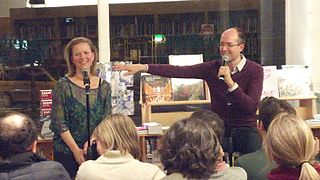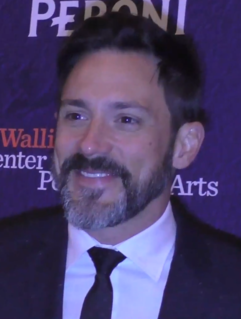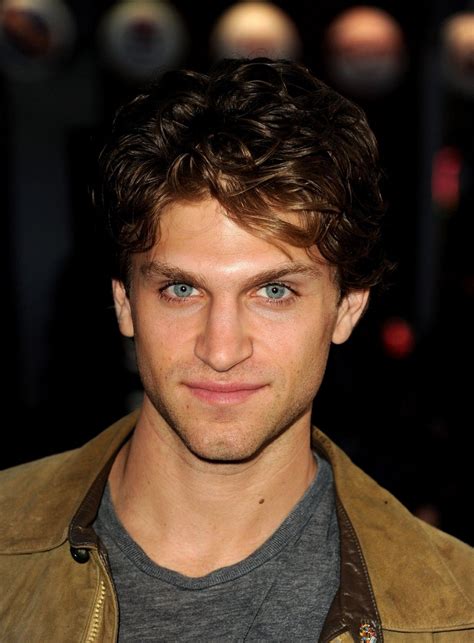A Quote by Amity Gaige
'Who's Afraid of Virginia Woolf?' is, to my mind, a work of perfect genius.
Related Quotes
Think of Virginia Woolf, 'A Room of One's Own' - that's what women have always needed under patriarchy and can't be creative without. They took away my classroom and my status to teach, and now they have taken away my office, and all of it is giving the message that Virginia Woolf and I are losing what I call 'womenspace.'
As an actor, to go and see those shows - great plays like 'Who's Afraid of Virginia Woolf?' and Clifford Odets's 'Golden Boy' - it's so exhilarating. I'd personally love to perform the role of Jerry in Edward Albee's 'The Zoo Story.' He's a transient, lost soul, and an example of humanity at its rawest.
The notion of the writer as a kind of sociological sample of a community is ludicrous. Even worse is the notion that writers should provide an example of how to live. Virginia Woolf ended her life by putting a rock in her sweater one day and walking into a lake. She is not a model of how I want to live my life. On the other hand, the bravery of her syntax, of her sentences, written during her deepest depression, is a kind of example for me. But I do not want to become Virginia Woolf. That is not why I read her.
My parents took me to see plays, starting from when I was very little. Oftentimes, I was too young to understand. I don't know what my parents were thinking - 'Who's Afraid of Virginia Woolf' when I was eight years old, that kind of thing. So lots of times, I didn't understand what was going on, but I just loved the sound of dialogue.






































